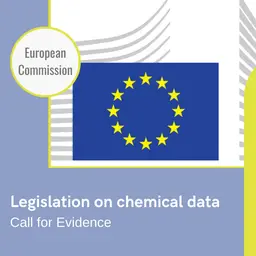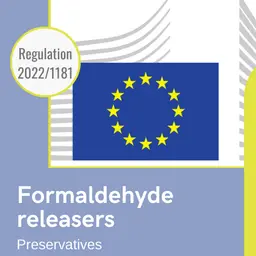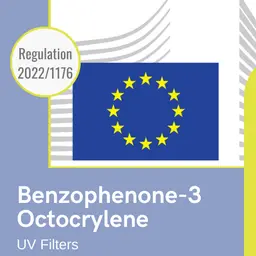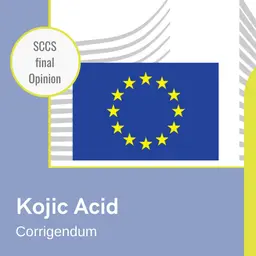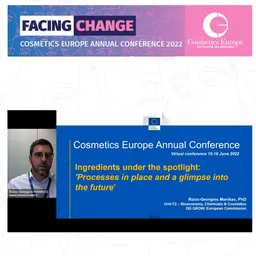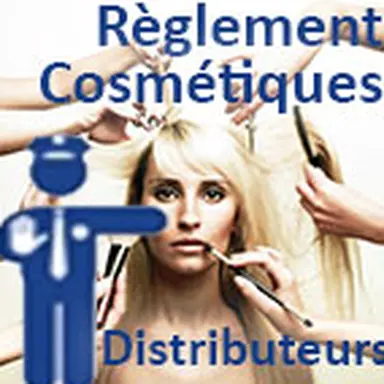
Pharmacists, hairdressers, beauticians, cosmetics retailers: the Cosmetics Regulation 1223/2009 creates responsibilities and obligations. It is not that easy, especially when responsible of a shop for long hours, to understand thoroughly a European regulation. And to draw its core: what deals with you, in what you are involved, day and day. The essential information is gathered in this factsheet.
Are you a distributor?
The “distributor” term is defined in the European Regulation 1223/2009, so-called Cosmetics Regulation: “‘distributor’ means any natural or legal person in the supply chain, other than the manufacturer or the importer, who makes a cosmetic product available on the Community market.”
In other words, as soon as you sell a cosmetic product to someone else, be it a consumer or a professional, you are a distributor.
In practical terms, a hairdresser who sells a shampoo to a customer further to haircut and brushing acts as a distributor.
On the other hand, if the hairdresser applies this same shampoo in his hairdresser washbasin to the same customer, he is considered merely as a user.
Same reasoning for a beautician, with a cream or a scrubbing product: if she sells the product to her customer, she is considered as a distributor. When using the same products in a booth, she is not.
A pharmacist, with his shelves of cosmetic products, a perfumery owner or a retailer (supermarket, selective distribution, large or small shops, organic and natural food stores, etc.) are also distributors. This, even if the sale does not come with any advice.
The previous regulation …



